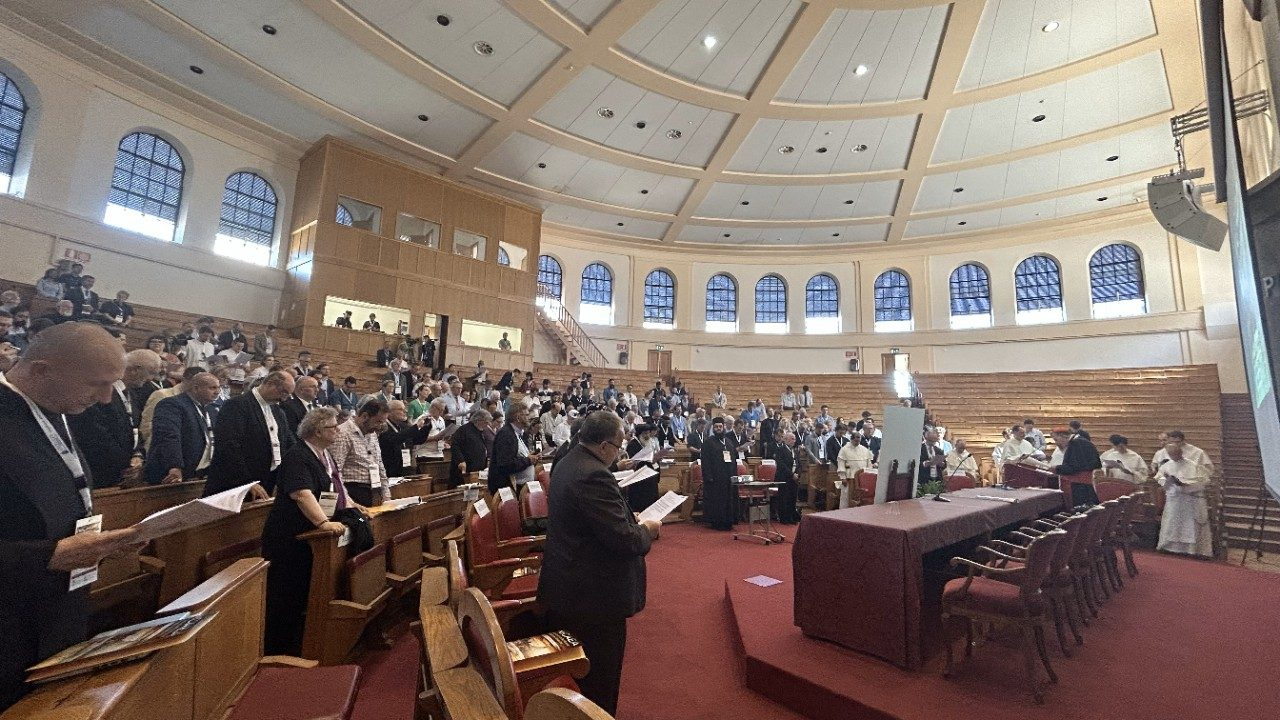Rome: A major international symposium marking the 17th centenary of the historic Council of Nicaea began this week in Rome, bringing together leading voices from across Christian denominations. The four-day event is being held at Angelicum University and is jointly organized under the patronage of multiple Christian churches.
Scheduled to culminate in a keynote address by Pope Leo XIV on Saturday, the symposium has drawn over 100 bishops and 200 theologians from Catholic, Orthodox, Oriental Orthodox, and Anglican traditions. The central theme guiding the gathering is: “The Council of Nicaea and the Church in the Third Millennium.”
Spearheading the initiative are the Vatican’s Ecumenical Secretariat, the International Orthodox Theological Association, and the Angelicum’s own theological faculty. The event opened with a solemn ecumenical prayer service led by Cardinal Kurt Koch, President of the Vatican's Secretariat for Promoting Christian Unity, along with Bishop Job of Pisidia, Bishop Anba Kyrillos of the Coptic Orthodox Diocese of Los Angeles, and Dr. Rowan Williams, former Archbishop of Canterbury.

The inaugural address was delivered by Prof. Paul Gavrilyuk, President of the International Orthodox Theological Association. Across 30 scheduled sessions, scholars are expected to present more than 100 academic papers, exploring the enduring legacy of the Council of Nicaea and its relevance to today’s global Church.
Organizers expressed hope that the shared affirmation of the Nicene Creed—a foundational statement of Christian faith—might serve as a unifying point across theological divisions, reigniting efforts toward greater ecclesial unity in the modern era.
Earlier in April, the Vatican released a commemorative document emphasizing the lasting significance of the Council of Nicaea, convened in 325 AD under Pope Sylvester I and Emperor Constantine, particularly as a definitive stand against the Arian heresy. The document reaffirmed the council’s enduring role in shaping the universal confession of Christian belief.